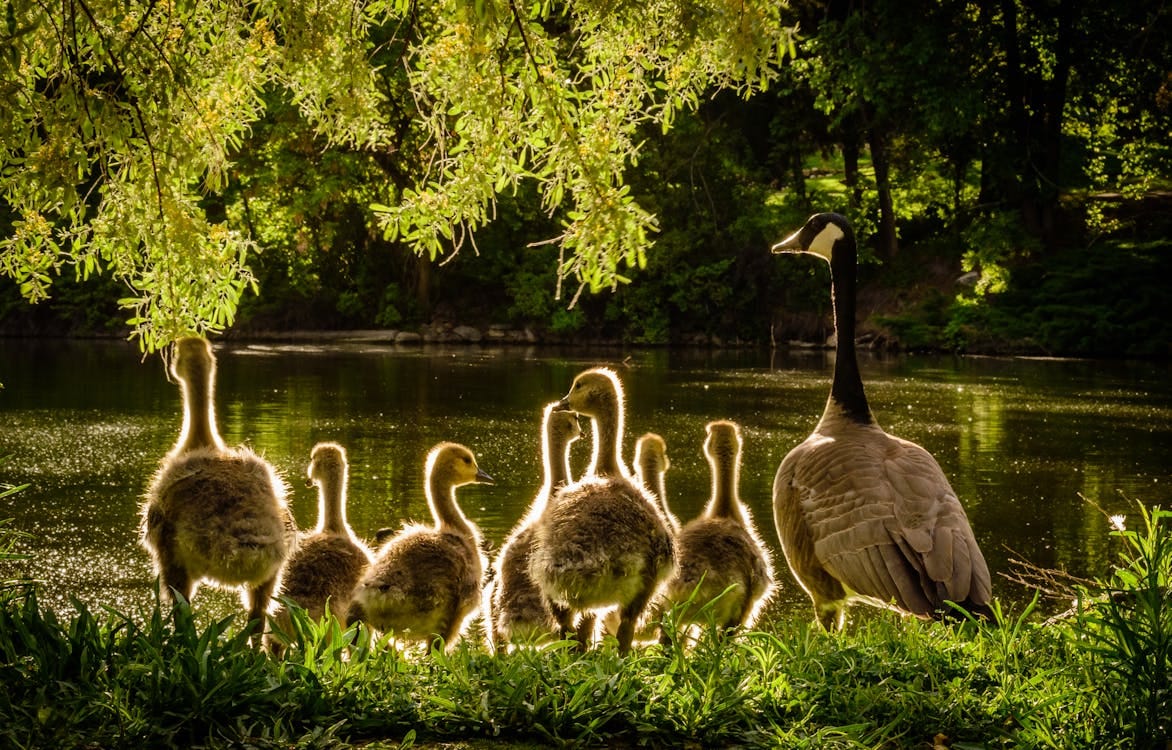Why Do Some Women Have 5+ Kids?
My interview with Catherine Ruth Pakaluk, author of "Hannah's Children."
Dear Friends,
The declining American birthrate has been in the news a lot lately, and policymakers and researchers have been trying to figure out how to influence the rate to move in the other direction.
I’m not talking about a birth rate that is dropping from 6 kids per woman to 5 kids per woman; I’m talking about a current birth rate in the United States that is well below replacement level and that even immigration isn’t fixing. Having an older population that outweighs the younger generation is demographically dangerous and can lead to all sorts of social and infrastructural ills. So researchers are rushing to ask: Why aren’t people having enough children?
Economist Catherine Ruth Pakaluk recently asked a different question, however, in her interview-based book, Hannah’s Children: The Women Quietly Defying the Birth Dearth.1 She asks: Why do women who have several children choose to have so many?
I was pleased to interview Catherine recently for the Institute for Family Studies. I especially enjoyed her suggestions for how we as individuals can support mothers and fathers, whether they have only one child or several. For example, Catherine writes:
We could all go out of our way to say more encouraging things to mothers. It’s like a verbal flower bouquet.
Isn’t that a lovely sentiment?
Read the rest of our conversation here:
“5 Questions With Family Studies: Catherine Ruth Pakaluk on Why Some Women Choose to Have Large Families”
Now, let me ask you:
- Whether or not you are a parent, what are your best practices for encouraging parents of young children? (A smile or the gift of a bar of chocolate goes a long way!)
- If you are a parent, what do you find most encouraging from others?
Have a lovely weekend!
Affiliate link.






Church can actually be one of the most difficult places to find a welcome as a large family, especially when we’ve generally chosen to keep our children with us throughout the service. Our church has a note in the bulletin welcoming families with children, telling where the cry room and changing table is and assuring them that squawking is not a problem. It’s one of the things we noticed first! I understand that there’s a lot of different feelings about children in church, and that some really prefer a Sunday School option, but we’ve been so thankful for the appreciation and encouragement of the older folks at church who love our babies (even when we make multiple trips into the foyer during a service — we usually only get a smile). I’m not much of a baby passer myself, but there would be ample arms available if I wanted them :)
Sometimes if I’m by myself in a store and see a mom struggling I make a point to smile and say she’s doing great, but accompany it with “I have 5 at home!” so she knows I’m not saying this from a judgmental place.
We do not live in a place where people are very charitable towards children and it can be so exhausting. I get tired of being looked at like I have two heads whenever I go anywhere with everyone. The rude comments can really get to you, so I agree that verbal encouragement is welcome! “You have a beautiful family” “You’re very blessed” “How fun to have all these siblings!”
I also feel for my children having to overhear the comments and do my best to answer positively no matter what people say, so that they know that regardless of other people’s opinions I am happy to be their mother.
I enjoyed the article. One observation I have: I appreciate the recommendation to people to offer help in the form of time. However, the later discussion that motherhood is a season and women with large families can eventually move into careers is actually missing the bigger picture. If women only give themselves to motherhood while there children are still in the home, and later give themselves to full time employment, there will be no grandmas, great-grandmas or aunties to lend a hand to the younger women in the throes of child rearing. I guess I mean to say that Motherhood is a calling and never actually ends. I have a large family (7 kids) and 6 grandkids so far. My youngest child is still at home. If I pursue a career after she leaves the nest, I will not have much or any time or availability to help my children raise their kids. I think we Grandmas should consider this as our phase of motherhood changes. I have found great blessing to help with the babies as they have arrived, as have my children in their years of caring for nieces and nephews at my side.